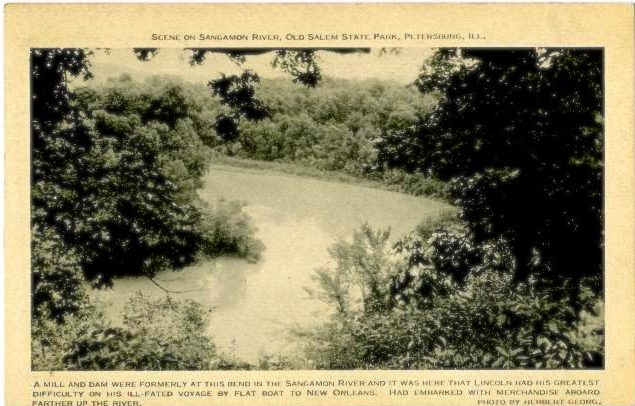
The Sangamon, Soured: Lincoln, The Man, & Its Twisted Tropes
by Bethany VillaruzThe Sangamon, Soured: Lincoln, The Man & Its Twisted Tropes Bethany Villaruz A slight summer breeze ruffled through the leaves lining the shimmering Sangamon River. A young Edgar Lee Masters, known to his family as only “Lee,” frolicked along Menard County’s defining feature. The winding river curved like an artist’s desultory brushstroke through the landscape […]
Read More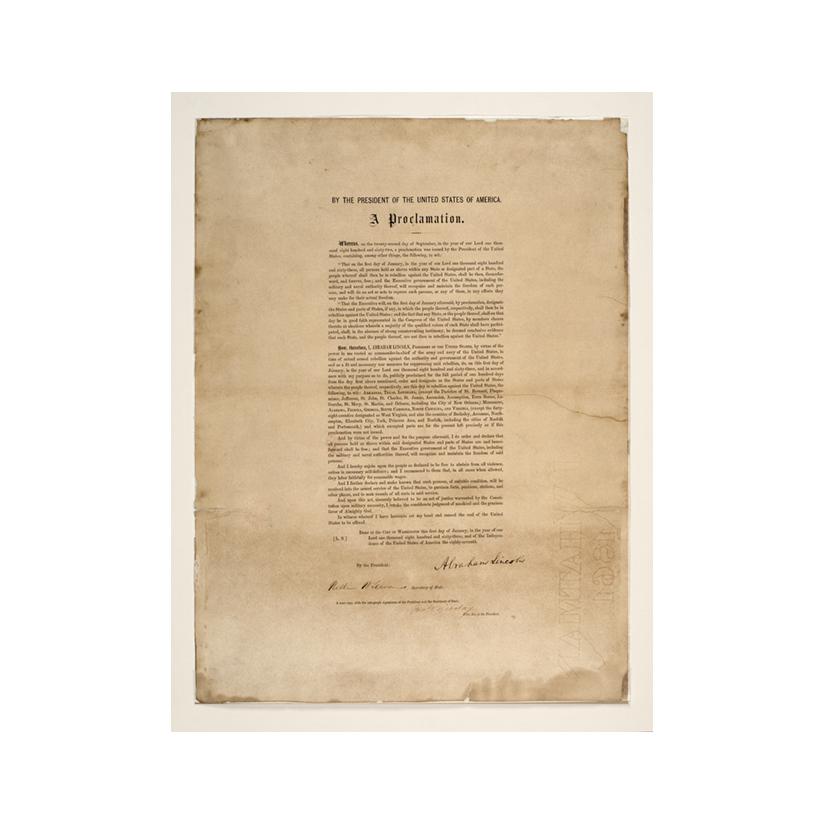
Redeeming The Great Emancipator: The Harvard University Lecture, An Interview with Allen Guelzo
by Allen C. Guelzo, Sara GabbardRedeeming The Great Emancipator the Harvard University Lecture An Interview with Allen Guelzo by Sara Gabbard Sara Gabbard: What were the circumstances surrounding your Lecture titled Redeeming the Great Emancipator. Allen Guelzo: That requires a long answer. Redeeming the Great Emancipator really began in 2004, when I published Lincoln’s Emancipation Proclamation: The End of Slavery […]
Read More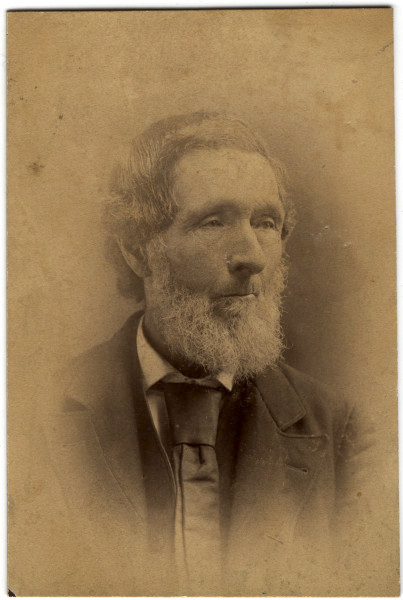
Herndon’s Informants: An Interview with Douglas Wilson
by Douglas L. Wilson, Sara GabbardHerndon’s Informants: An Interview with Douglas Wilson by Sara Gabbard Sara Gabbard: This had to have been an enormous project. What first led you to undertake the task? Douglas Wilson: I had been working on Thomas Jefferson for several years, mostly having to do with his early reading and education, the formation of his […]
Read More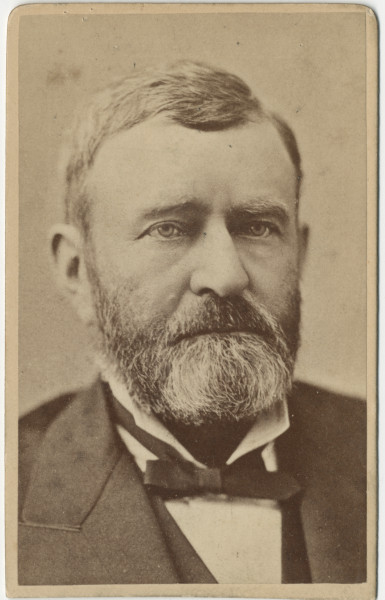
The Grant Administration & International Law
by Burrus M. Carnahan“Respect the Rights of All Nations, Demanding Equal Respect for Our Own”[1] The Grant Administration & International Law Burrus Carnahan In the last decade, historians have reassessed the presidency of Ulysses S. Grant. Previously considered one of our worst presidents, new scholarship has discovered accomplishments and strengths earlier ignored. Grant wanted “let us have peace” […]
Read More
The Rolland Center for Lincoln Research
by Emily RapozaThe Rolland Center for Lincoln Research by Emily Rapoza Download as PDF On the morning of January 10, 2022, The Rolland Center for Lincoln Research officially opened its doors and ushered in a new chapter for the Lincoln Financial Foundation Collection. This new immersive, interactive, and informative space embodies the main goals of the Lincoln […]
Read More
Book Review: Lucas Morel, Lincoln and the American Founding
by Burrus M. CarnahanLucas Morel, Lincoln and the American Founding Reviewed by Burrus M. Carnahan In the fall of 2020, Professor Lucas Morel of Washington and Lee University spoke at the University of Colorado on “The 1619 Project as Missed Opportunity.” His point was that Nicole Hannah-Jones depicted American history as a racial zero-sum game – that any […]
Read More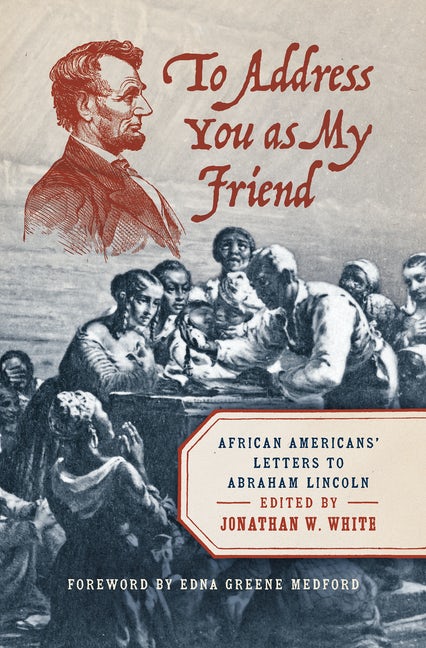
An Interview with Jonathan W. White
by Jonathan White, Sara GabbardAn Interview with Jonathan W. White by Sara Gabbard Sara Gabbard: Please describe the Center for American Studies at Christopher Newport University. Jonathan White: The Center for American Studies is a group of faculty on campus who seek to help students gain a better understanding of American history and political thought. Every year we […]
Read More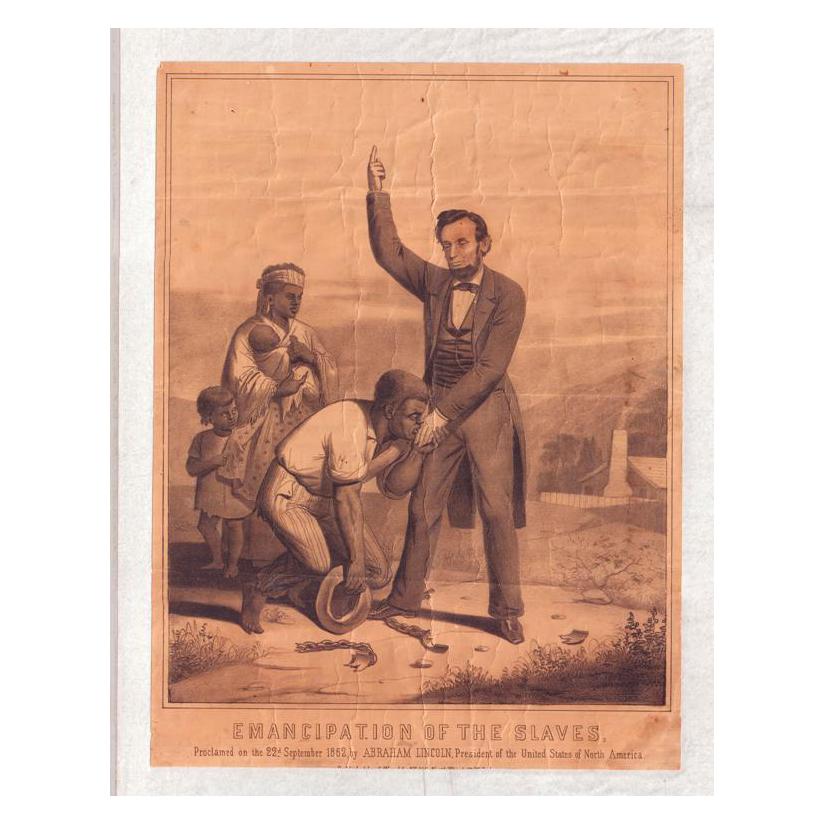
The Nature of War: An Interview with Burrus M. Carnahan
by Burrus M. CarnahanThe Nature of War: An Interview with Burrus M. Carnahan Sara Gabbard: A friend told me that a college professor once told the class that money is the only real cause of war throughout history. Do you agree? Burrus Carnahan: No. For one thing, war is much older than money. In Western civilization, money, in […]
Read More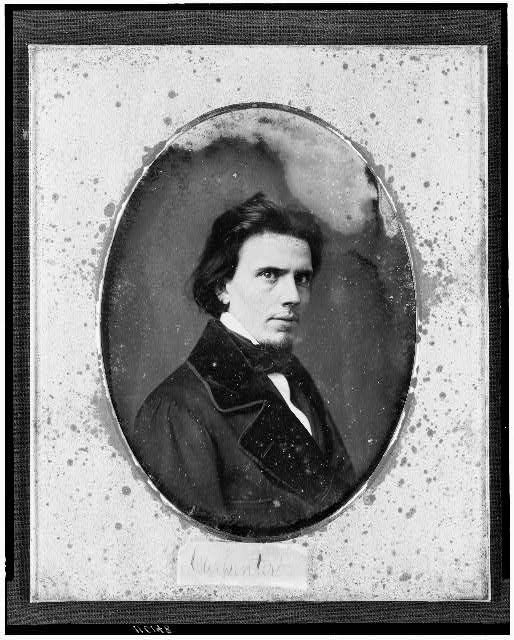
Lincoln Through the Eyes of History: Harold Holzer on Francis Carpenter
by Harold HolzerLincoln Through the Eyes of History: Harold Holzer on Francis Carpenter SG: When we first discussed your participation in this series of articles about Lincoln biographers, you asked if I thought that Francis Carpenter should be included. Obviously, Carpenter does not “fit into” the list of biographers who have used research techniques in order to […]
Read More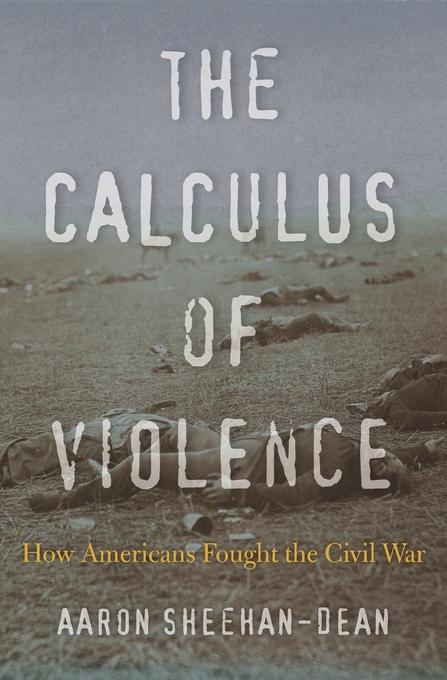
Book Review: The Calculus of Violence by Aaron Sheehan-Dean
by Burrus M. CarnahanSheehan-Dean, The Calculus of Violence: How Americans Fought the Civil War For decades, historians have debated whether the American Civil War was the first modern, total war, foreshadowing the World Wars of the 20th Century, or whether it was more akin to the limited wars of the 18th Century. In his thorough study, The […]
Read More
Book Review: Lincoln in Private by Ron White
by E. Phelps GayLincoln in Private: What His Most Personal Reflections Tell Us About Our Greatest President By Ronald C. White, 2021 Book Reviewed by: E. Phelps Gay In this short, highly readable volume, Ronald C. White examines “fragments” left behind by our 16th President, who made a lifelong habit of writing notes to himself. These thoughts and […]
Read More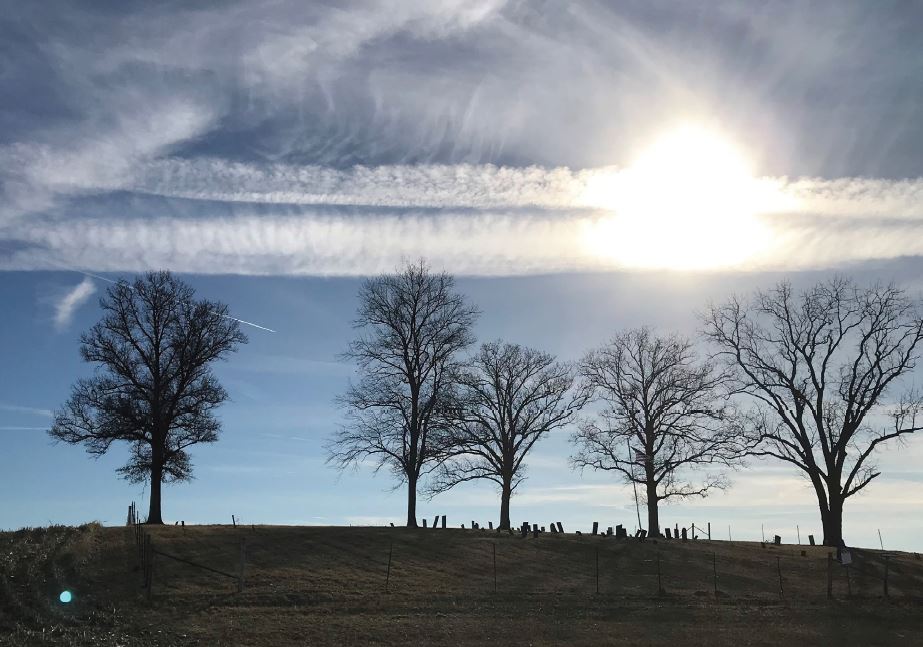
SANDRIDGE: Lincoln’s Home Away from Home during the New Salem Years
by Guy FrakerSANDRIDGE: Lincoln’s Home Away from Home during the New Salem Years By Guy Fraker The seminal role of New Salem in Abraham Lincoln’s maturation and development is well known. The concurrent influence of the nearby Sandridge area and its people during these formative years is not as well known. Sandridge encompasses approximately 10 square […]
Read More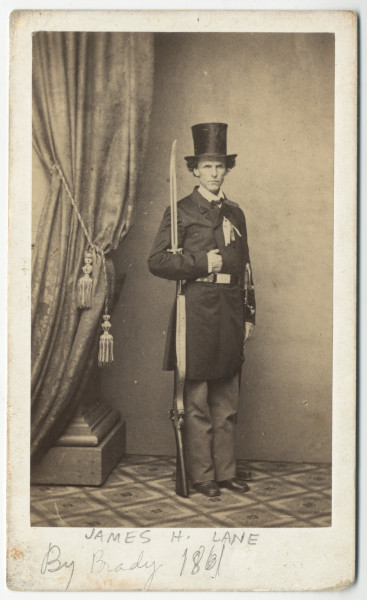
The “Great Emancipator” and the “Grim Chieftan”
by Jason H. SilvermanThe “Great Emancipator” and the “Grim Chieftain” Jason H. Silverman Abraham Lincoln was in trouble – and the fate of the United States tenuously hung in the balance. The firing on Fort Sumter, five weeks after Lincoln took office, ominously signaled the start of civil war. This act, the President proclaimed, “forced upon the country […]
Read More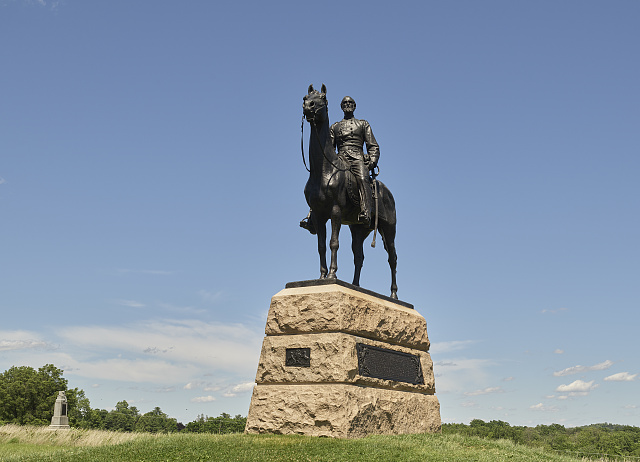
Memories: An Interview with Harold Holzer
by Harold Holzer, Sara GabbardMemories: An Interview with Harold Holzer Sara Gabbard: Recent questions about the fate of various Civil War memorials raise several obvious questions. Is there a profound difference between possible sites for statues; e.g. public vs. private property? Harold Holzer: To me, yes, there is a difference: private sites can display what their owners want to […]
Read More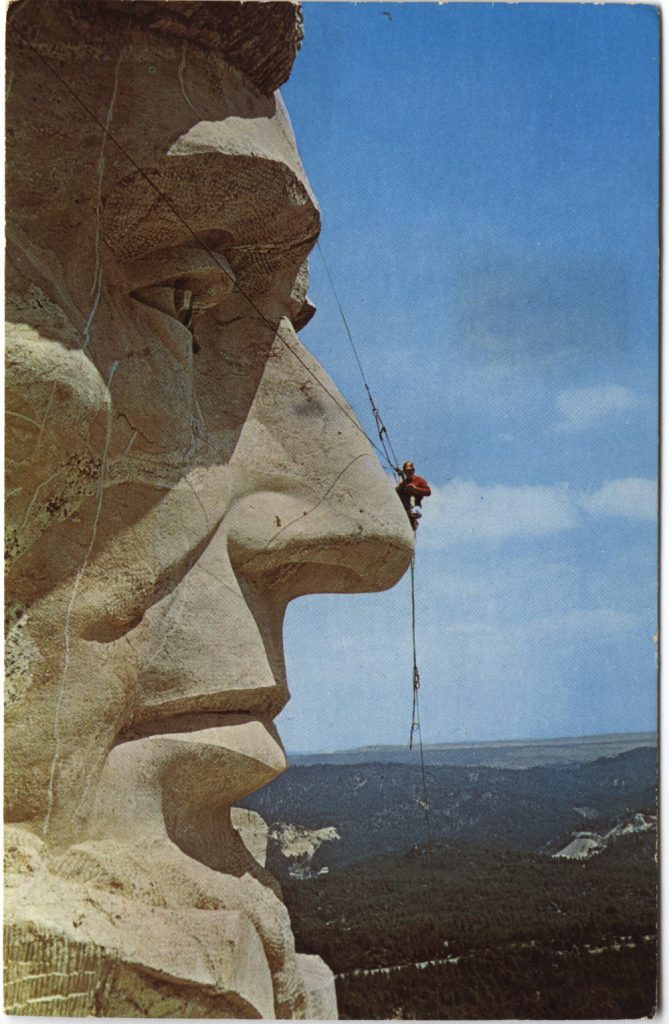
An Interview with Richard Etulain
by Richard Etulain, Sara GabbardAn Interview with Richard Etulain regarding his new book Abraham Lincoln: A Western Legacy Sara Gabbard: Please explain the series on South Dakota history which this book represents: Richard Etulain: This book is part of the South Dakota Biography Series published by the South Dakota Historical Society Press. In 1997, the ambitious and diligent editor, […]
Read More